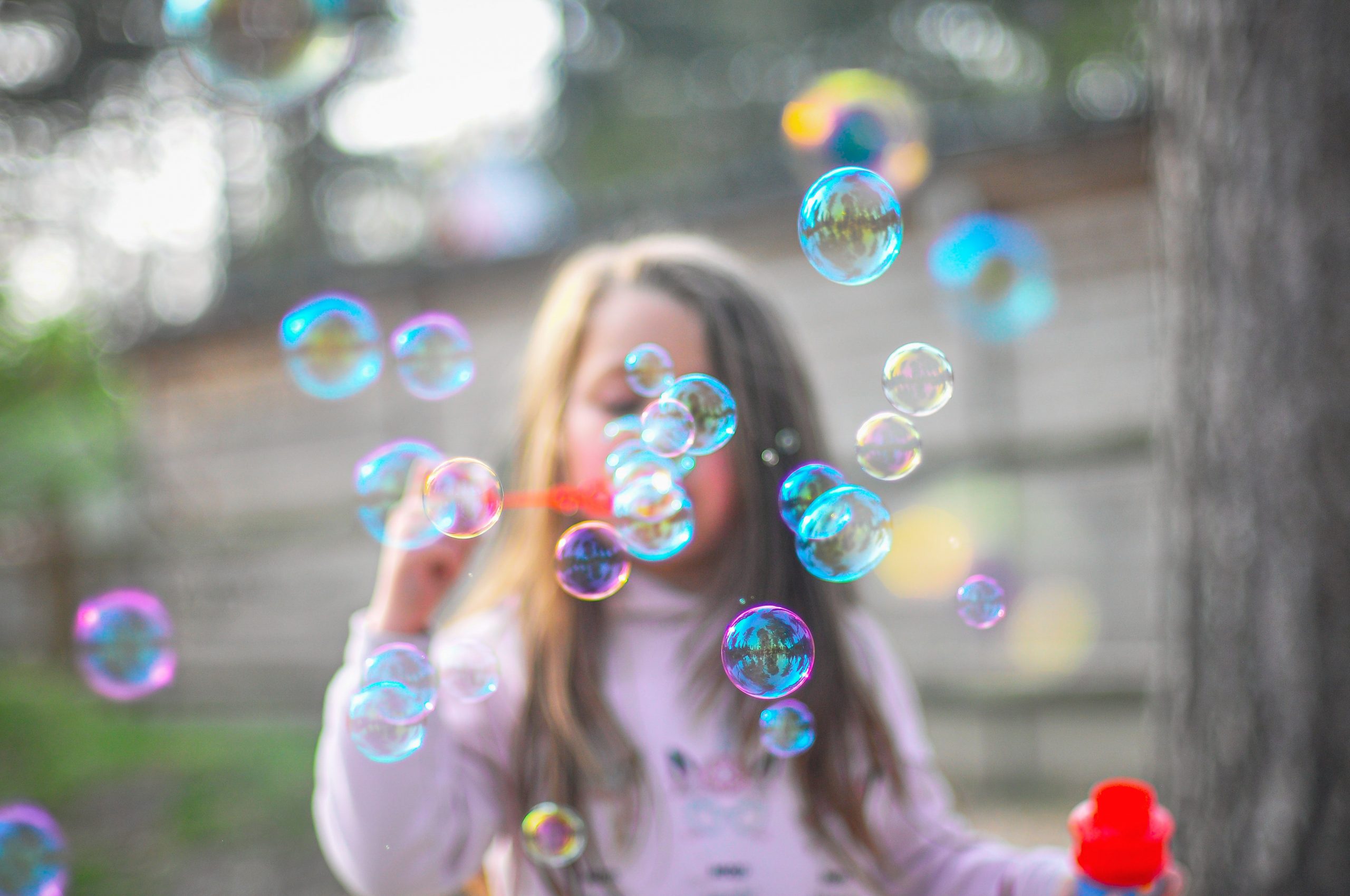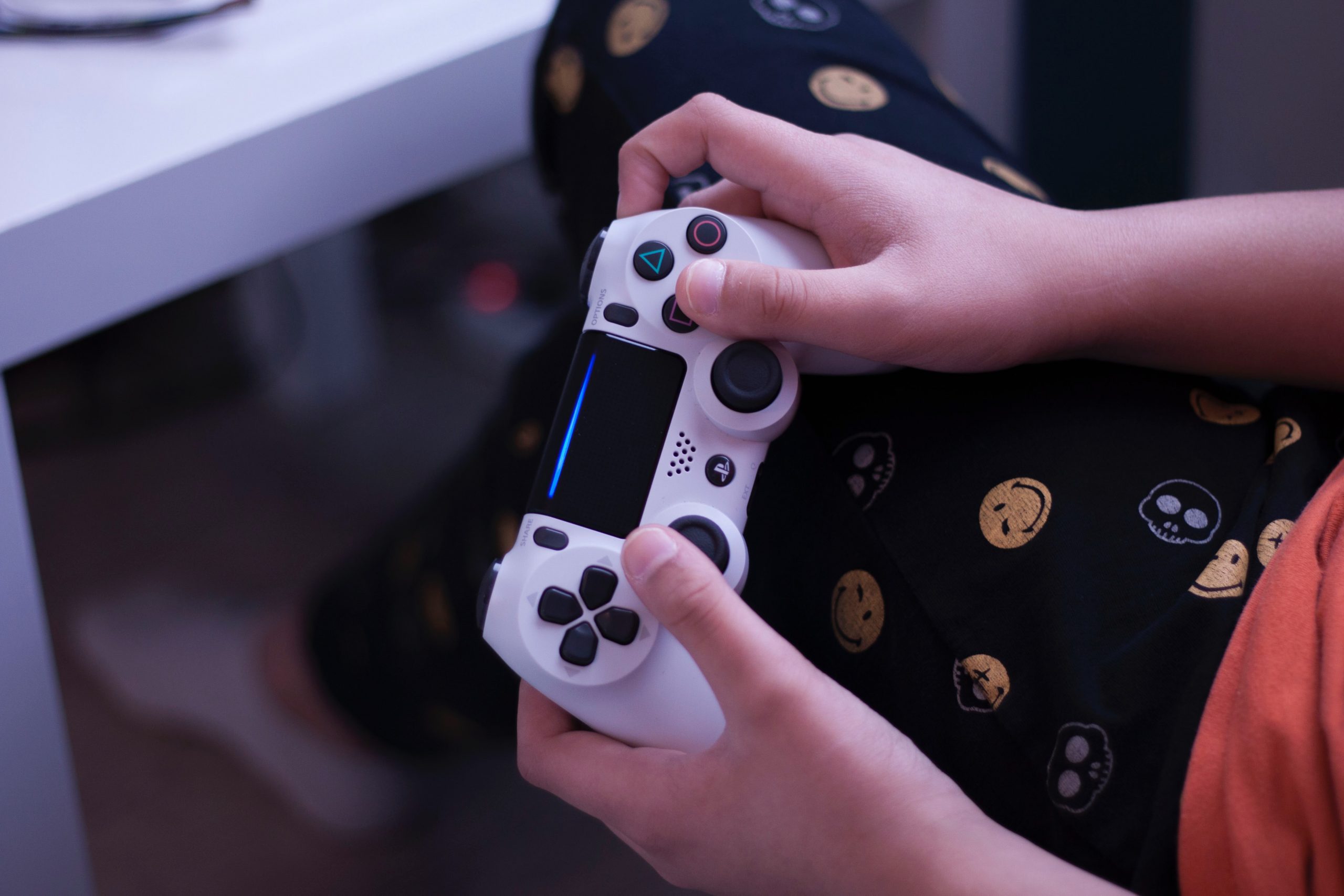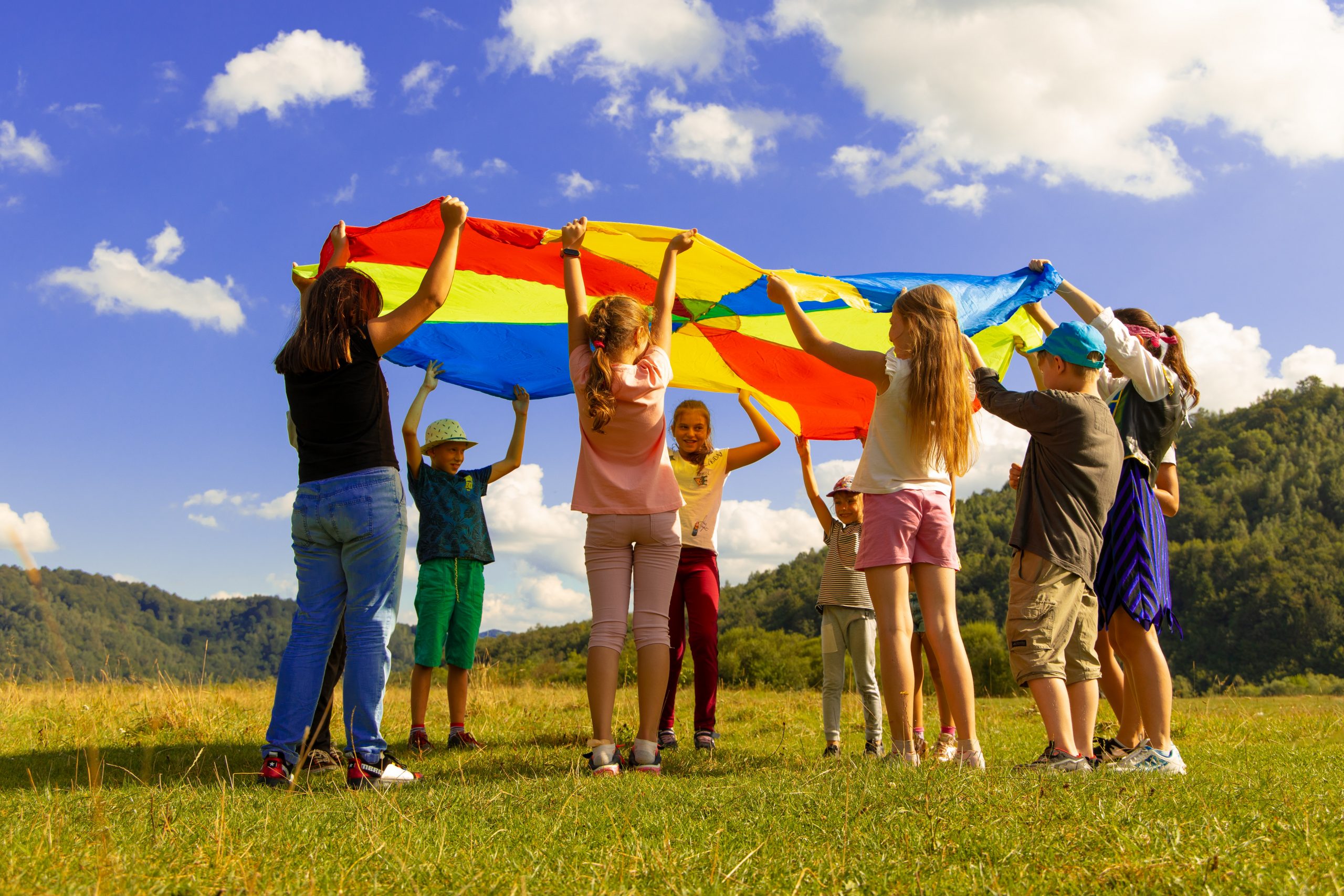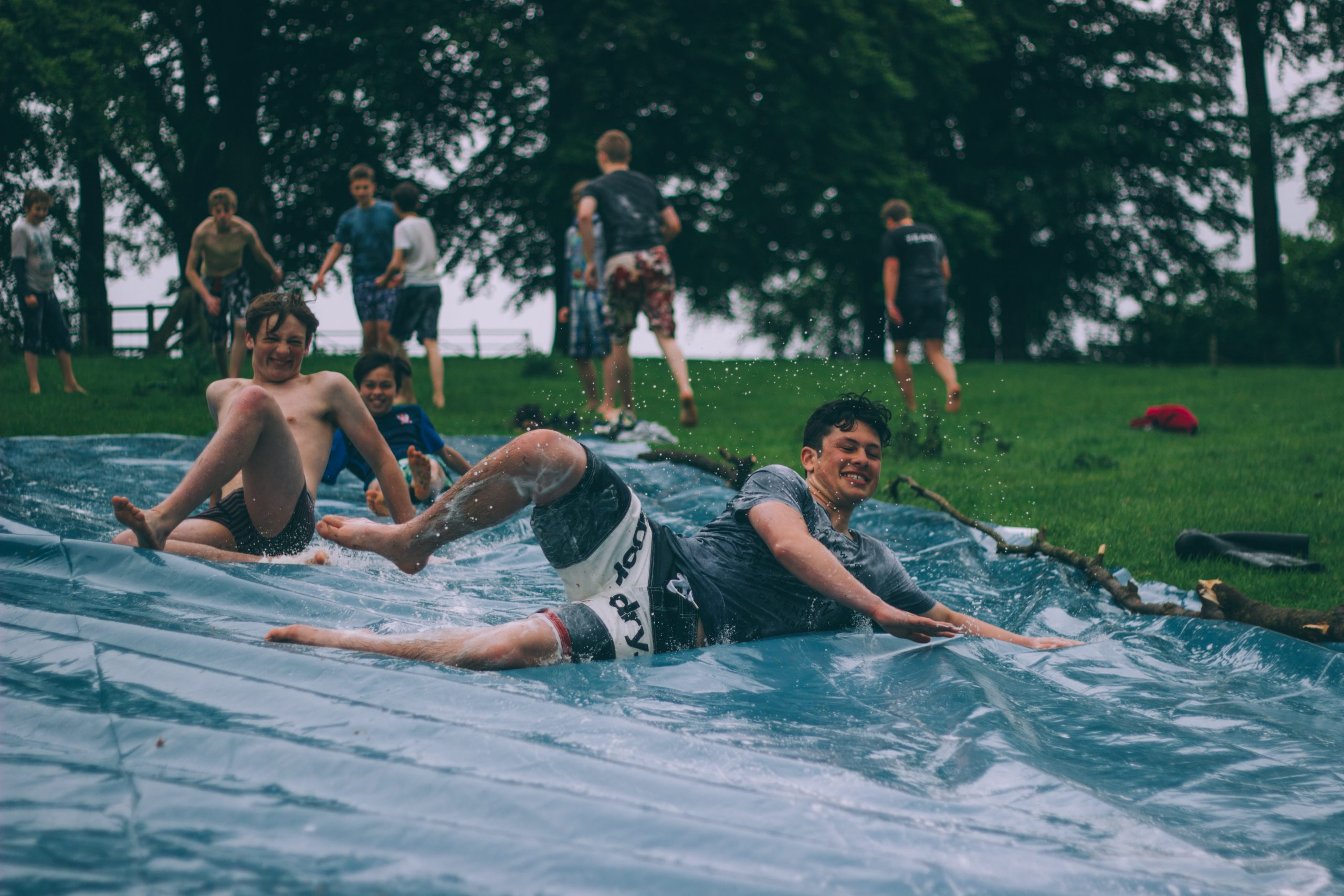As we settle into the winter months, keeping students engaged in their education can become something of a challenge. Incorporating games and play can keep learning fun – but does it really have benefits?
When we think of ‘play’ we’ll all do so in different ways. Some of us may remember games from our childhood, holiday board games or maybe some form of online entertainment that’s currently on offer. Play in education is often broken down into four main categories: locomotor, object, social and pretend – and each type has different benefits. More generally, play has been defined as “creative or behaviourally flexible encounters with their [children’s] worlds.” A beautiful idea – but how does that help students?
The benefits of play
Play is beneficial in a variety of ways: from basic enjoyment and improved wellbeing to the educational difference it may make. Psychologists, including Singer, have found that play may “benefit children’s early literacy, self regulation, mathematics, use of technology and emotional learning.” Wow! That’s quite a significant list of things that can be impacted by play. It is not just creativity or self expression, play can make a real difference to how students perform across a range of subjects.
Early development
The benefits of play are perhaps most widely recognised in younger children – especially during their primary school years. Some argue that play allows younger children the chance to ‘practice’ adult skills in a safe environment, so they can figure out different roles and who they want to be. It has also been claimed that play provides immediate benefits too – helping a child to self regulate, make friends and develop empathy. There may even be an evolutionary benefit to play, as it allows us to practice alternative ways of doing things in a ‘low cost’ environment.
Later years
An inverted ‘U-curve’ can be applied to play, in that it begins in infancy, peaks in childhood and declines through adolescence and adulthood. However, this may well say more about societal norms than the actual value of play. Many of us may feel on a personal level that play adds value to our lives, whether through games on our phone, being creative or playing sport. Spinka and others have argued for the way in which play develops our innovation and problem solving skills. These are skills we need more, not less, as we go through school and continue learning as an adult. Ideas such as ‘gamification’ recognise this as they look to incorporate games into learning. There are lots of ways to enjoy and develop in education – but you’re allowed to have fun too!
If you’d like to find out more about the work we do with students – both creative and with the core curriculum, then do complete the contact form below:





